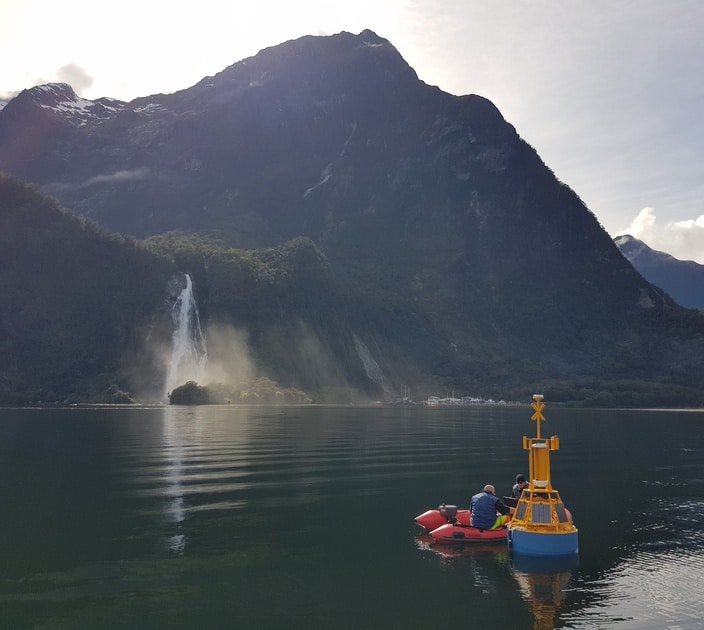OPINION: Freshwater 2020 report highlights need for urgent change
16 April 2020
By Roger Young, Coastal and Freshwater General Manager
Today the Ministry for the Environment released its Freshwater 2020 report – a report that analyses data across a range of environmental measures to assess the environmental health of our water ways and freshwater ecosystems.
This report takes a bold step forward by adopting a holistic approach to reporting on the health of freshwater ecosystems, incorporating a Te Ao Māori lens, and acknowledging and attempting to address the historical bias of focusing on a few select indicators. This report also brings to light new data and insights on the state of freshwater species, habitats, water quality and water allocation. This holistic approach better reflects the diverse reciprocal relationships New Zealanders have with freshwater in Aotearoa.
Unfortunately, the report shows that New Zealand’s rivers, lakes and wetlands, and the fish and other species that live in them, remain in a perilous state. Three quarters of our native fish species are at risk of extinction. While the health of some waterways is improving, more are declining, as shown by trends in the macroinvertebrate index (MCI). Based on the Trophic Lake Index (TLI), 46% of lakes assessed are in poor or very poor condition, including almost all North Island lakes.
Much of Cawthron Institute’s core business involves research into freshwater. We monitor waterways, including lakes and rivers, for pollutants, pest species and algae blooms that are symptomatic of poor water quality. Our researchers are regularly finding evidence of the problems that this report outlines, as well as examples where people are working to improve the situation.
Cawthron is eager to see the Government’s response to the challenges this report outlines. We think the evidence has long indicated that a bold and collaborative strategy is required to turn things around. The report itself could be improved by being transparent about what is and what isn’t being measured. It could better highlight where it is not possible to demonstrate data trends across space or over time because of recording gaps, creating more clarity on what our national research priorities should be, and where more investment is required.
From a policy response perspective, as New Zealand looks to stimulate the economy post Covid-19, we encourage consideration of projects to assist councils and landowners to plant riparian margins, restore wetlands and fix urban infrastructure. We are keen to see the Government pursue a model of economic growth that will improve environmental outcomes and support sustainable economic growth – a model that would enhance the wellbeing of all New Zealanders.
Cawthron is already contributing to building a future-focused, sustainable economy by supporting our wide range of primary industry clients in their efforts to innovate, increase efficiency and reduce the environmental impact of their operations. We are also conducting world-leading research into freshwater ecosystems and the aquatic life they support that will help to tackle these issues head-on by generating new solutions.
We want to lend our voices to the chorus of researchers, innovators, environmental advocates, mana whenua and others who are committed to embracing the challenge this report lays at our feet and taking real action to restore our freshwater and save the unique and valued aquatic life it supports.
